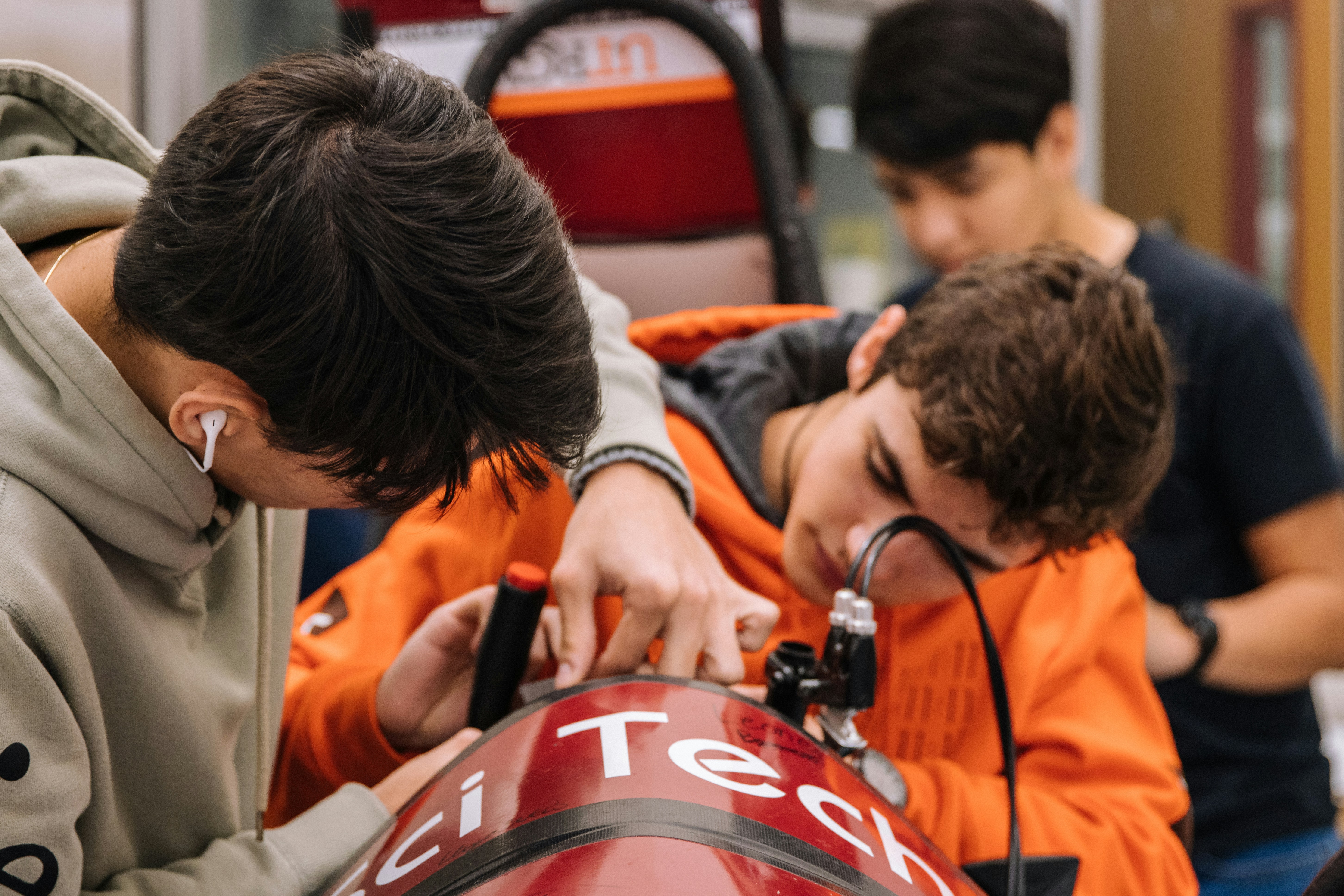
For students immersed in the world of Science, Technology, Engineering, and Mathematics (STEM), the academic journey can often become so focused on precision and technical detail that the larger, more personal significance of their studies might get overshadowed. When applying to colleges, it's crucial to bridge this gap by crafting a personal statement that not only highlights your skills and achievements but also your motivations and the impact of your work. Here are some tailored tips to help STEM students write compelling personal statements.
1. Identify Your Why
Understanding and articulating why you are drawn to your specific STEM field is more important than detailing what you have learned. Admissions officers are interested in your personal journey and the motivations behind your choice of study. Reflect on how your work within STEM can contribute to broader goals. For instance:
Exploration: You might be passionate about biochemistry because you're aiming to identify causes of rare diseases.
Innovation: Perhaps you're involved in computer science with the aim of developing new assistive technologies to improve quality of life.
Problem-solving: You could be driven by using engineering to address and mitigate climate change.
When writing, focus on one of these aspects that truly resonates with your personal goals and experiences, and describe how it has shaped your educational path and career aspirations.
2. Simplify Your Language
STEM students often fall into the trap of treating their personal statement like a lab report or a research paper, filled with jargon and technical detail. Remember, the person reading your essay might not have a background in STEM. Avoid overly complex language and focus on making your statement accessible and engaging. To ensure clarity:
Use Analogies: Analogies can help explain complex concepts in relatable terms.
Avoid Jargon: Simplify your language without dumbing it down. The goal is to be understood, not to impress with technical vocabulary.
Get Feedback: Have non-specialists read your essay. If your friends and family can understand and are engaged by your statement, there’s a good chance admissions officers will be too.
3. Show, Don’t Tell
Use specific examples to demonstrate your passion and achievements in STEM. Rather than simply stating that you are passionate about robotics, describe a particular project you worked on, the challenges you faced, and the outcomes. Highlighting these experiences will give depth to your narrative and make your personal statement stand out.
Personal Anecdotes: Share a story about how you first became interested in your field or a moment that made you realize the impact of your work.
Results and Impact: Discuss the results of your projects or research and the potential or actual impact they have on real-world problems.
4. Connect Your STEM Interests to Broader Impacts
Integrate your technical interests with societal impact. Discuss how your work in STEM goes beyond the classroom or lab. This could involve:
Community Involvement: Maybe you taught local school students coding, demonstrating the societal value of your skills.
Interdisciplinary Learning: Explain how skills from other areas, like ethics or economics, are integral to your STEM studies and future career.
Your personal statement is a chance to show that you are more than just your grades and test scores. It's about your personal journey, your passion, and how you envision using your skills to contribute to society. For STEM students, moving away from the comfort zone of technical language and focusing on personal and impactful storytelling can make all the difference. If you’re unsure where to start discovering your story, talk to Ivie, our AI essay coach, to uncover the uniqueness of YOU! Ivie is designed to help you leave a lasting impression on the admissions committee by showcasing who you are, your passion for STEM, and your plans to use your knowledge and skills to make a meaningful impact on the world.





